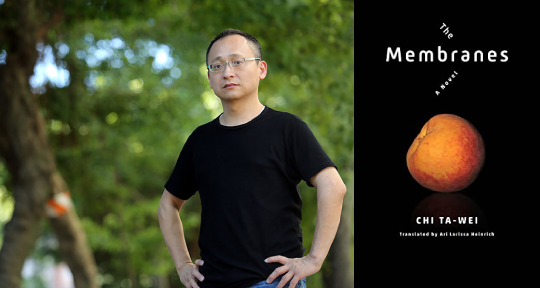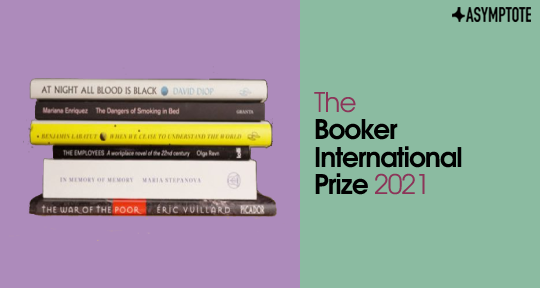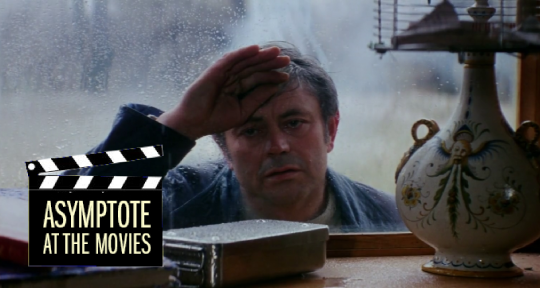The Membranes by Chi Ta-wei, translated from the Chinese by Ari Larissa Heinrich, Columbia University Press, 2021
Dwelling on a female classmate’s romantic advances in her youth, and belatedly cognisant of her learned aversion towards all forms of intimacy, the thirty-year-old Momo realises the incongruence of the one self-guided decision she had made in her life—to become a dermal care technician: “She could just as easily have chosen a more solitary profession, like a novelist. Why did she have to choose a job reliant on intimacy?” It is the year 2100 and humanity, terrified of the ultraviolet rays seeping through the depleted ozone layer, has evacuated from land en masse to settle on the seabed. Amidst the residual trauma of the sun’s lethal rays, the dermal care trade booms and Momo climbs the profession steadily, eventually becoming the owner of Salon Canary and something of a celebrity in T City. As Momo spends her days massaging her wealthy clients with M skin—a technology that gives her access to their private lives—what she cannot shake off is the feeling that “there was at least one layer of membrane between her and the world.”
In The Membranes, Chi Ta-wei, renowned Taiwanese novelist (and past Asymptote contributor), tackles a central problem of existentialism: how do we account for the estrangement between ourselves and the world? The thrilling sci-fi classic (originally published in 1995) then proceeds to compellingly insist on exploring the question’s social dimensions, getting under the skin of its queer, inscrutable protagonist. A slim, intelligent novella that ambitiously projects a militarised and corporate new world order in the rubble of environmental collapse, Chi’s brand of world-building is equally invested in envisioning new global formations as it is in attesting to emerging sexual subjectivities. It bristles with the emancipatory energy that characterises the novels coming out of post-martial-law Taiwan. Read together with works such as Chu T’ien-wen’s Notes of a Desolate Man or Qiu Miaojin’s Notes of a Crocodile and Last Words from Montmartre, English readers can now appreciate a fuller scope of the queer efflorescence unleashed in the experimental fiction of Taiwan’s nineties and the internal heterogeneity of its cultural moment. Ari Larissa Heinrich’s translation of Chi’s award-winning work comes a quarter of a century after its Chinese publication, but contemporary readers will relish going back to the future in a work that ventriloquises our present, its conjectures at once anachronistic and prophetic. READ MORE…














